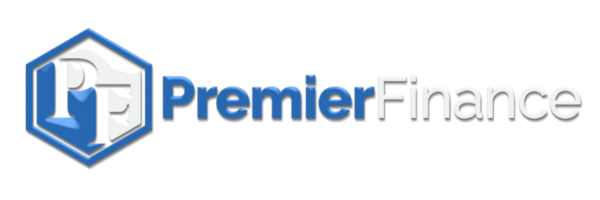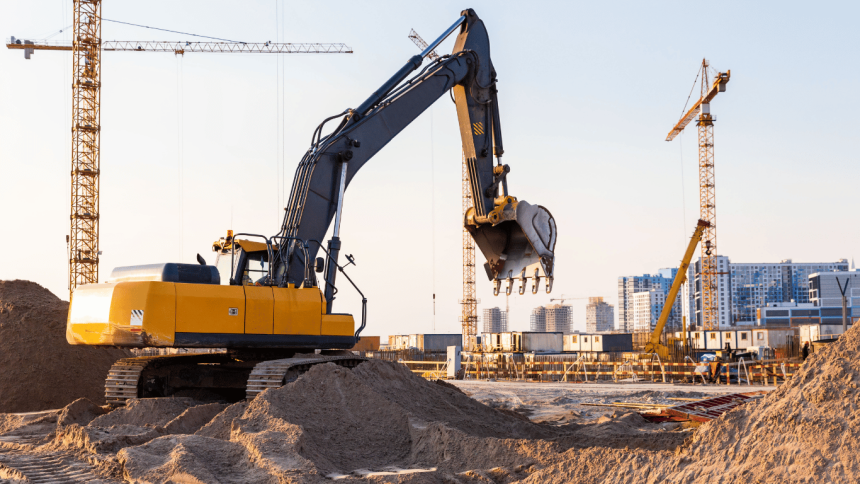Construction is a high-risk industry. Whether you’re a contractor, subcontractor, property developer, or project owner, every building site comes with potential hazards – from accidental damage to third-party claims. That’s where Construction All Risk (CAR) insurance steps in as an essential risk management tool.
If you’re starting a new project, reviewing your existing cover, or haven’t considered insurance at all – this guide is for you. Read on to understand how CAR insurance works, why it’s vital, and how Premier Finance can connect you with a reputable commercial insurance partner for tailored cover.
What Is Construction All Risk Insurance?
Construction All Risk (CAR) insurance is a specialist policy designed to cover physical loss or damage to works under construction. It typically covers:
- Material damage to the works, materials, and equipment.
- Third-party liability for injury or property damage caused to others during construction.
Unlike standard property or liability insurance, CAR policies are project-specific and often mandated under contract conditions to safeguard all stakeholders. In many cases, tender documents or building contracts will require proof of CAR insurance before work can commence.
What Does CAR Insurance Cover?
CAR insurance provides two primary types of protection:
- Contract Works Cover (Material Damage). This portion of the policy protects against sudden and unforeseen physical loss or damage to the works during the construction period. Covered incidents may include:
- Fire, storm, wind, flood, and other natural disasters
- Theft or malicious damage
- Collapse, explosion, or accidental impact
- Construction errors not involving design (e.g., accidental damage during installation)
- Vandalism or sabotage
The cover usually applies from the moment materials are unloaded at the site until the project reaches practical completion or handover.
- Third-Party Liability Cover. This covers the legal liability for bodily injury or property damage caused to third parties as a result of construction operations. For example:
- A visitor to the site is injured by falling debris.
- Excavation works damage underground services or a nearby property.
It may also include legal costs associated with defending claims.
Optional extensions to consider depending on the insurer and your project’s risks. You can add valuable extensions to your CAR policy:
- Surrounding property cover: Protects adjacent buildings not under construction.
- Removal of debris: Covers costs of clearing the site after an incident.
- Professional fees: Includes costs for architects, surveyors, and engineers involved in reinstatement.
- Temporary buildings: Cover for on-site offices, storage, and welfare facilities.
- Plant and equipment: Protection for hired-in or owned machinery.
- Off-site storage and transit: Materials stored or moved before arriving on site.
- Cross liability: Covers legal liabilities between multiple parties insured under the same policy.
- Extended maintenance period: Ensures defects discovered post-completion are covered.

Who Should Take Out CAR Insurance?
CAR insurance isn’t just for large contractors. It’s essential for a wide range of stakeholders, including:
- Principal contractors responsible for project execution
- Subcontractors performing specific trades (electrical, plumbing, roofing, etc.)
- Property developers funding and overseeing construction
- Project owners who want to maintain control over insurance cover
- Joint ventures or consortia working on large-scale infrastructure projects
Sometimes, multiple parties are named on a single policy. It’s important to clarify who is the “policyholder” and who are the “co-insureds,” as this can affect claim processes and liability splits.
Why Is CAR Insurance Important?
Construction projects are complex and inherently unpredictable. Without proper insurance, a single unforeseen event could jeopardize your entire project timeline and budget.
Here’s what could go wrong:
- A severe storm floods the site, destroying materials and delaying the project.
- A contractor’s equipment damages a nearby structure.
- Thieves break in overnight and steal tools and copper piping.
- An accident injures a third-party pedestrian, leading to a lawsuit.
Without CAR insurance, these incidents could result in crippling costs, lost income, and potential breach of contract penalties.
CAR insurance gives you peace of mind that your work is protected, and helps ensure project continuity, stakeholder confidence, and contract compliance.
What Are the Risks of Being Underinsured?
Being underinsured can be just as damaging as having no cover. In the event of a claim, insurers apply the “average clause,” which means:
If you insure a R10 million project for only R5 million, and there’s a R1 million claim, the insurer may only pay 50% – or R500,000.
This could leave your business responsible for the shortfall.
To avoid this:
- Accurately calculate the total project value, including materials, labour, fees, and contingencies.
- List all plant, equipment, and temporary structures separately.
- Ensure sums insured are updated when project values change.
- Discuss extensions with your broker to avoid gaps in cover.

What Does CAR Insurance Not Cover?
While comprehensive, CAR insurance does have exclusions. These vary by insurer, but typically include:
- Wear and tear, rust, corrosion, or gradual deterioration
- Defective design, materials, or workmanship (unless resulting in insured damage)
- Contractual penalties or fines for project delays
- Loss or damage due to war, terrorism, or nuclear risks
- Consequential losses like lost revenue
- Wilful acts or negligence by the insured
It’s vital to read the policy schedule and wording in detail, and work with a knowledgeable insurance adviser to tailor cover to your risks.
How Much Does CAR Insurance Cost?
Premiums are influenced by many factors, including:
- Total project value and duration
- Type of construction (e.g. residential, commercial, infrastructure)
- Site location and local risks (e.g. flood zone, crime levels)
- Project complexity and risk management practices
- Experience and claims history of the contractor
Short-term CAR policies are available for one-off projects, while annual CAR cover suits businesses handling multiple contracts. Some insurers offer premium refunds for claims-free projects.
A good broker can help you compare options, negotiate better terms, and ensure cover aligns with your budget and needs.
How to Get Covered
Through Premier Finance, you can access trusted commercial insurance partners who will:
- Conduct a detailed risk assessment of your site and operations
- Recommend the right levels of cover for works, tools, and liability
- Tailor cover for your contracts and include all necessary extensions
- Provide multiple quotations for comparison
- Assist with claims, policy updates, and compliance matters
We ensure your construction insurance grows with your business.
Let’s Secure
Your Project Construction is risky. But with the right CAR insurance in place, you can face every phase of the build with confidence.
Let Premier Finance connect you to a reputable commercial insurance partner who understands your needs and protects your business.

